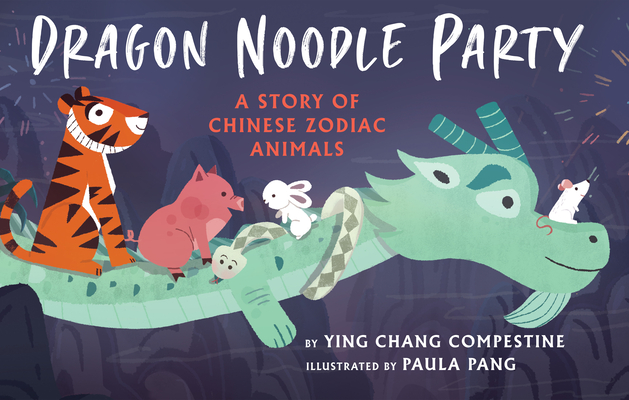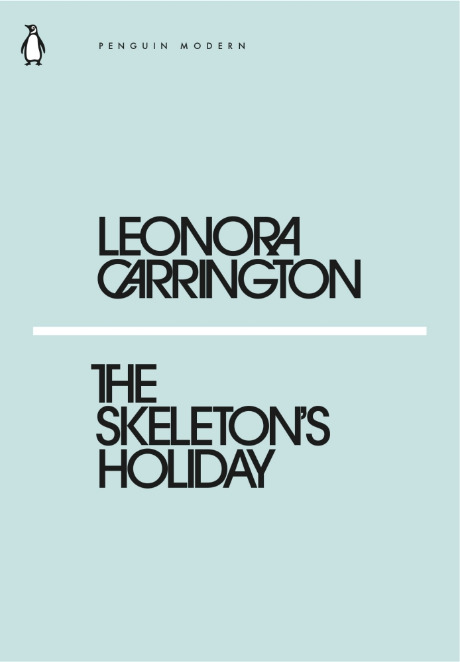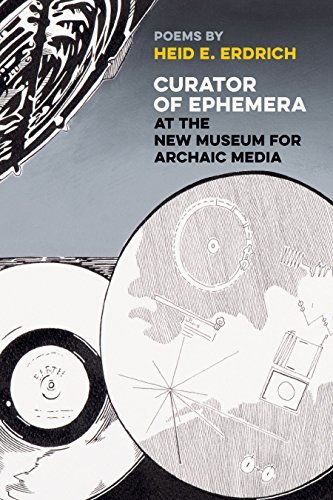
| Title | : | The Sun Isn’t Out Long Enough |
| Author | : | |
| Rating | : | |
| ISBN | : | - |
| ISBN-10 | : | 9781527294219 |
| Language | : | English |
| Format Type | : | Paperback |
| Number of Pages | : | 66 |
| Publication | : | Published August 15, 2021 |
Edited by Tatevik Sargsyan, with a foreword by Mary Jean Chan and an afterword by Kazim Ali.
Through poetry and prose, 20 writers explore themes of belonging and loss in relation to migration, language and inhabiting the spaces in between identities, queer historical figures, liminal love and diasporic desires.
With contributions from: Taylor Johnson, Jay G Ying, Xandria Phillips, Noor Hindi, Andriniki Mattis, Jody Chan, Diana Khoi Nguyen, Peter Scalpello, Ximena Keogh Serrano, Courtney Conrad, Leah Cowan, Joshua Escobar, Shayna Gee, Sarah Giragosian, Golnoosh Nour, John McCullough, Alton Melvar M Dapanas, J.P. Der Boghossian, Jee Leong Koh, Sanjana Bijlani.
The title is taken from the opening poem the sun isn’t out long enough by Andrinki Mattis.
The Sun Isn’t Out Long Enough Reviews
-

Favorite quotes, both painful because they hit so hard:
"& a knot grows in your throat as you realize there is no grid to fall off of / & no country to have you but your own"
From the titular "the sun isn't out long enough" by Andriniki Mattis.
"... Armenian-American grandchildren, who so obviously looked Der Boghossian, but who visited with him in yet another language to surmount."
From "Those Words You Can't Find in a Dictionary," by J.P. Der Boghossian. -

Dos textos mais bonitos que li sobre queerness. Dos livros que vou ler de certeza uma segunda, uma terceira, para perceber todos os “segredos” que não percebi da primeira vez, para além de lhe acrescentar o contexto de cada um des autores.
-

3.5 ⭐️
-

An amazing collection of queer poetry across borders, some poets/poems are a bit of a hit or miss for me but there’s certain styles in here that I adored.
-

First published in
Gaysi Family.
‘The Sun Isn’t Out Long Enough’ Creates The Irrevocable Condition Baldwin Called ‘Home’
When one perhaps reads a piece of art that defies categorisation, then it’s hard to find clever threads, which pathetic creatures (reviewers like me) have to so as to “explain” that work/art. Reading The Sun Isn’t Out Long Enough (Anamot Press, 2021), edited by Tatevik Sargsyan, was one such experience for me, but it definitely has been a singularly rewarding one.
In Armenian, Sargsyan mentions in the introduction, Anamot means ‘shameless’. Queerness and shamelessness have been linked throughout. When all around the world queer people took ‘pride’ in being who they were, they were defining exactly what they couldn’t be ashamed of — their noncompliance — and who couldn’t ‘shame’ them: the heteronormative society, which is deeply religious and faithful to their two-gender theory.
The Sun is not a response to heteronormativity, this or that, but creates its own universe, making it possible for construction of the “irrevocable condition” that Baldwin mentioned when he talked about ‘home’.
Sharing “queer experiences across borders and other stories, with no shame,” this anthology’s titular poem sets the tone for the multiple themes it exceptionally covers. In this, you will find, of course, the wound, the healing, the attempt to find a home, mend relationships, seek lost ones, but essentially the anthology copes with the question of ‘return’.
Poet, writer, and activist Kazim Ali, in the afterword, offers a talisman for being queer — to persistently challenge the authority, to not settle into the moulds that society had already neatly carved for you to feel, be, and celebrate queerness. I agree with his argument that here, in this anthology, “are the worlds that could help you live. Read them out loud, draw them on another’s body in ink or saliva or sweat. Make them live and love.”
Andriniki Mattis in the titular poem tries to pen a metamorphosis of a person “who talks like you & looks like you but happier & charming,” but the person is also looking for learning “how did we get here”, only to “realise there is no grid to fall off of & no country to have but your own.” In “masc”, they pen a beautifully crafted verse against the gender-binary society — “this womanhood this manhood this binary bequeathed to me”, to “depart from both instead” to take refuge in the “theyhood”, meditating their way “on not giving a fuck.”
Invoking Audre Lorde, Golnoosh Nour writes an “Ode to Self”. She becomes the ‘it factor’, that which challenges the authority and often gets ‘crushed’ by them but is committed to “forever refusing to agree with anything”.
Though most poets and writers in this anthology touch upon the age-old universal themes, Noor Hindi, a Palestinian-American poet and reporter, takes on the worldwide crisis that crippled everyone at the start of 2020: the coronavirus pandemic. Her depiction of the ongoing paranoia, survival guilt and the fear of losing touched a chord with me.
The lives lost to COVID-19, in the queer sense, in more way than one, reminds one of a similar failure of governments across the world, and in particular, the apathy and dangerous ignorance of the United States: the AIDS crisis of the 1980s. It is fitting to recall what the celebrated artist David Wojnarowicz said: “If I die of AIDS — forget burial — just drop my body on the steps of the F.D.A.”
Xandria Phillips’ refusal poem’s last lines are equally haunting: I am made everyday (sic) like a bed/ like a person makes another/ and nothing ever asks to be made.
So is Diana Khoi Nguyen’s Gyotaku, which is actually a Japanese method of printing fish. The method was used by fishers to record their catch. In a way, this brief poem on migration is sort of a record, a story in which both reader and writer are involved.
Sarah Giragosian in ‘Salt Lick’ takes a jibe at marriage laws in several countries that don’t allow queer people to marry. She writes:
You’re a record of me, and I of you,
but in the years before the law let us marry,
we needed no proof. No stamp of approval.
It’s perhaps this state of defiance that’s the only thing that’s permanent in a queer life, which Ali tries to punctuate in his afterword. It’s perhaps this warmth that these protests, refusals, resistances, arising out of the friction produced between the old, static, and brutal structures against queer ways of living, will energise yet another generation of dissenters, nonconformists.
The only piece of criticism I have for this book is that it has several editing misses, which could’ve been easily avoided. Yet that doesn’t diminish, in any way, the charm and strength of poetry in this anthology. -

Such a moving collection of poetry, read between fleeting tube stops, carried in my bag like a liturgy for survival, on bodies, queerness and borders, highlighted and underlined and folded and loved and lived
-

Beautiful book, I've read every poem twice to really get the feel but it was great seeing so many poems from different queer poets together. Quite the journey - read this on Pride 2022!
-

I have been putting off writing this review because, as I've mentioned before, reviewing poetry does not come naturally to me. Some anthologies I've read have made really tenuous links between the poems but this felt organic. I felt the theme was broad enough that it could encompass a diverse range of poets and poems but it wasn't so broad that it felt like someone just wanted to publish an anthology. Did I like the poems? Some but not all. Did any poems particularly resonate with me? Not especially. I could see the quality of the writing and admire how wonderfully pulled together these works were but none of the poems made me feel emotional. What I tend to look for in poetry is content that hits home or that makes me cry or that makes me feel overwhelmed with empathy but I didn't really get that from any of the poems from this collection. Despite this, I didn't dislike any of the poems hence the mid-range rating of this collection. It was neither great nor bad.







